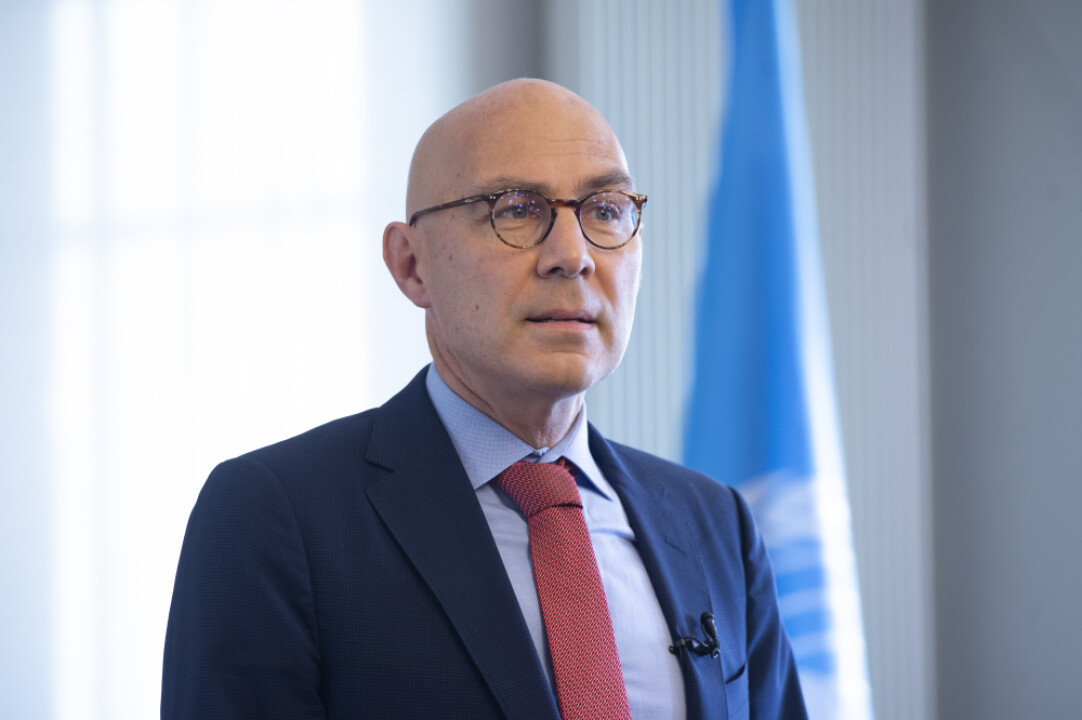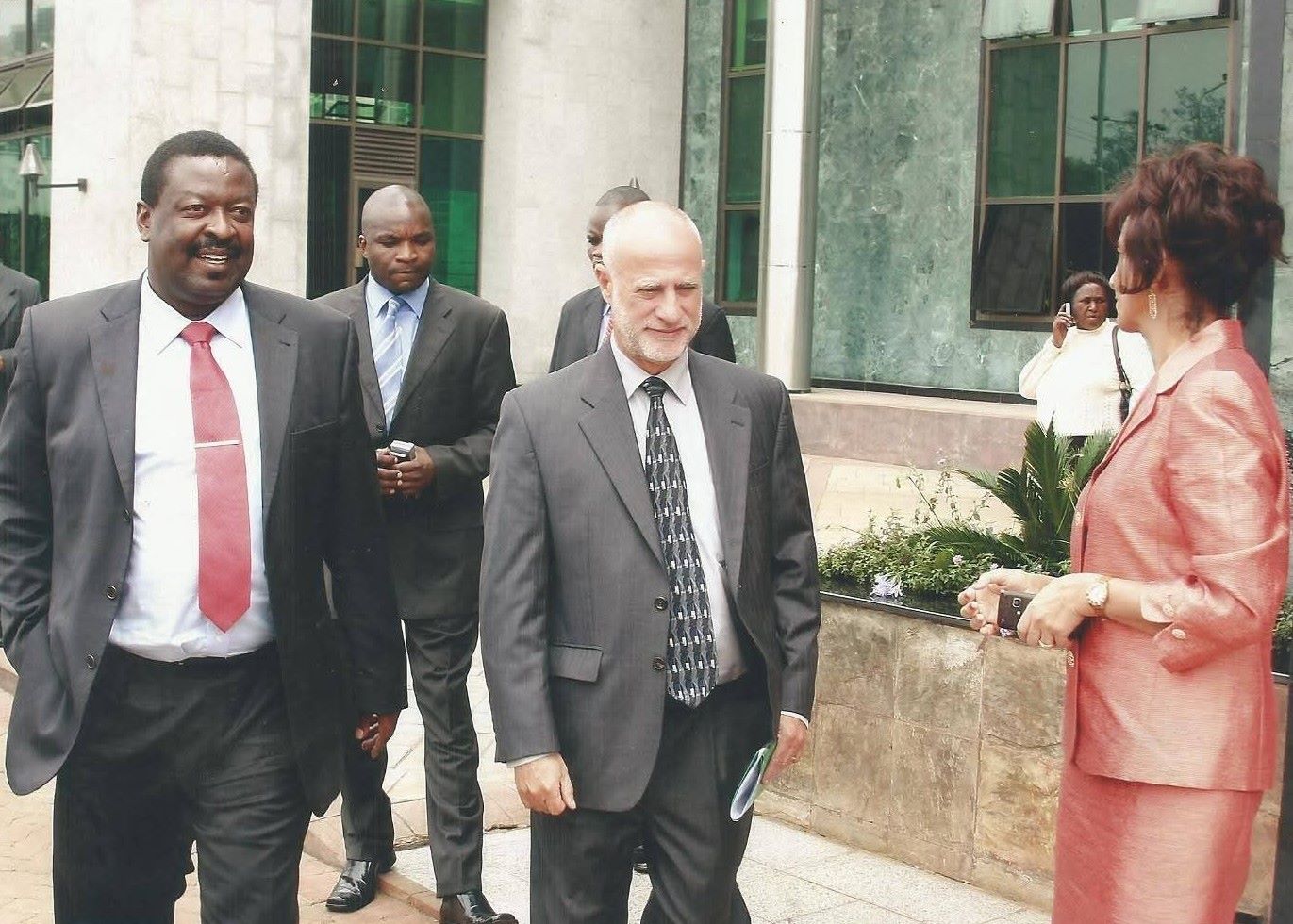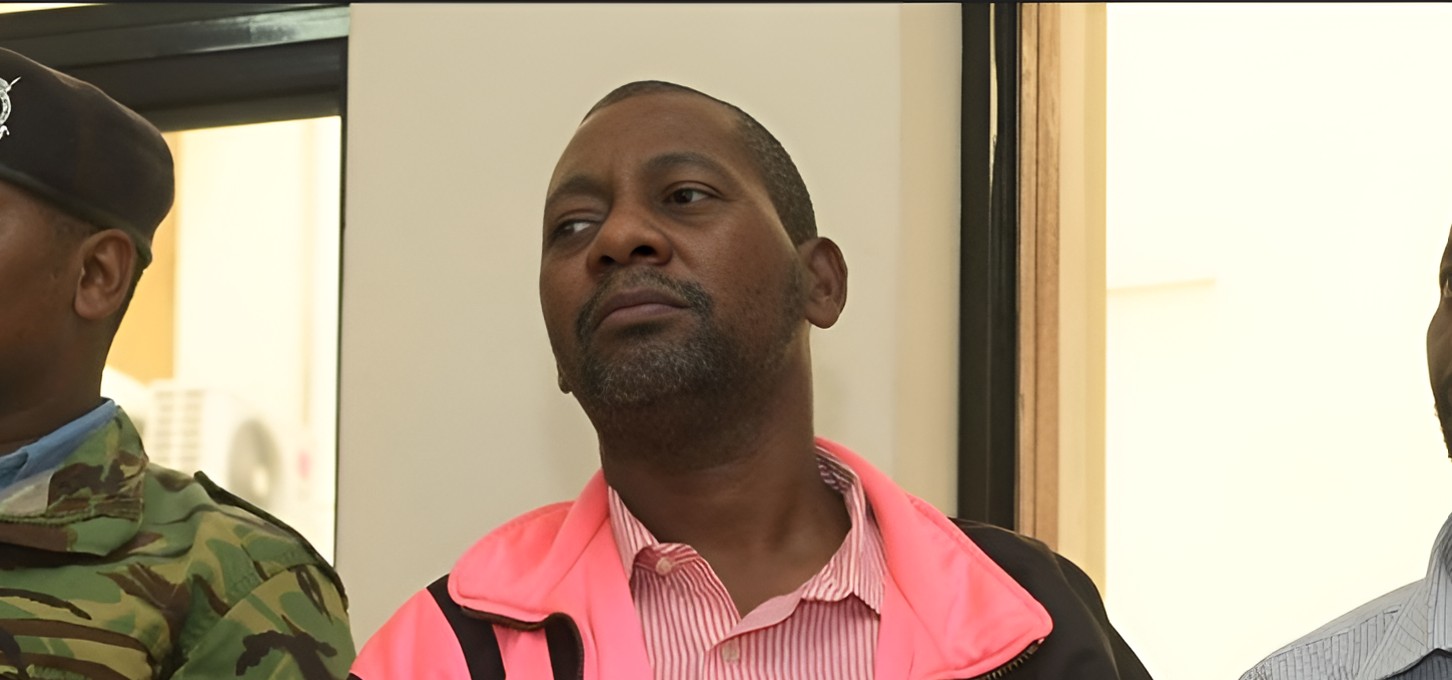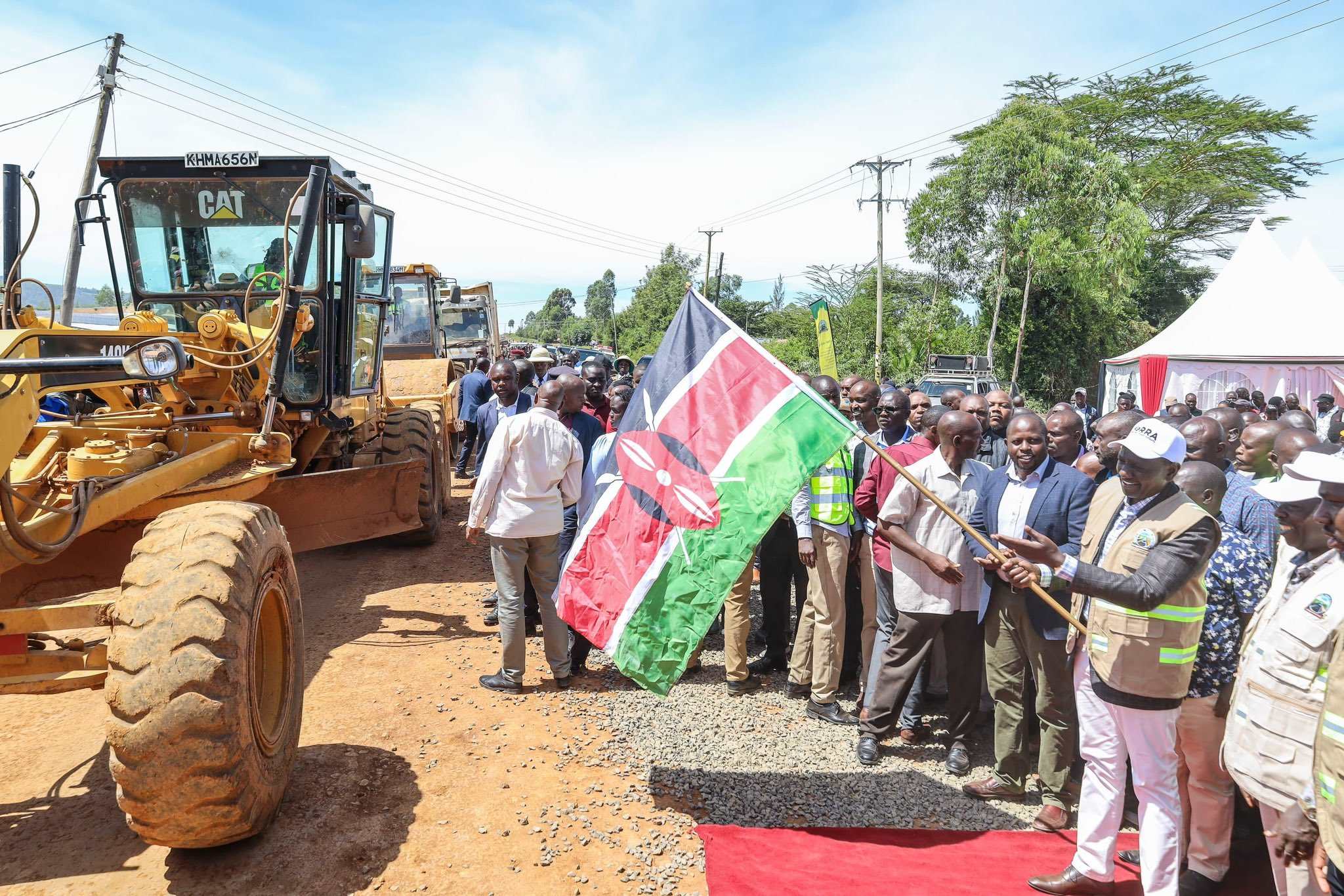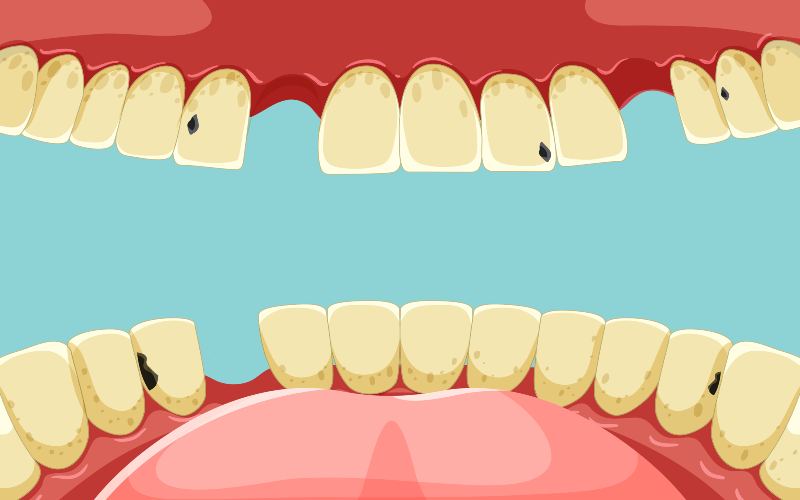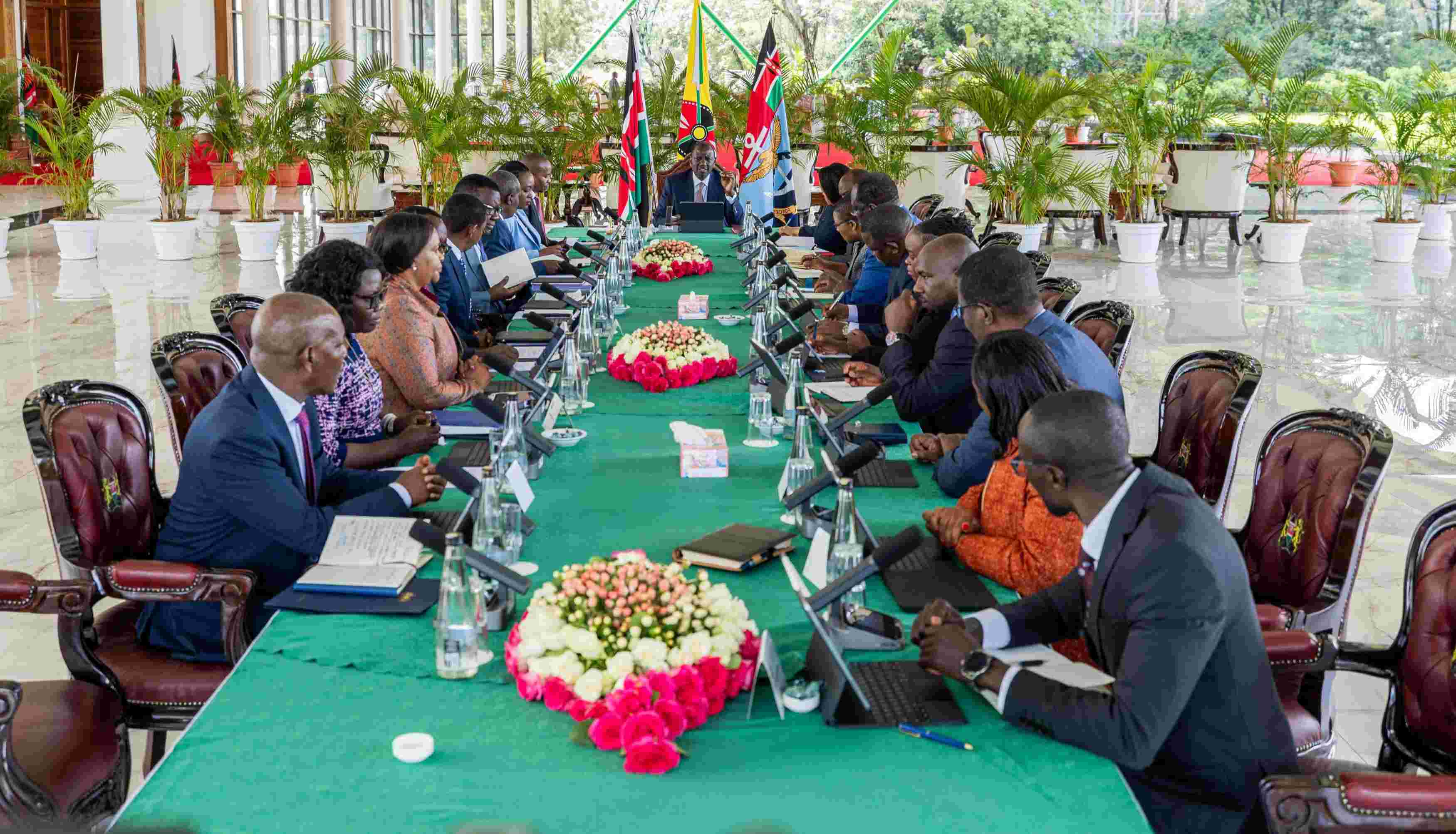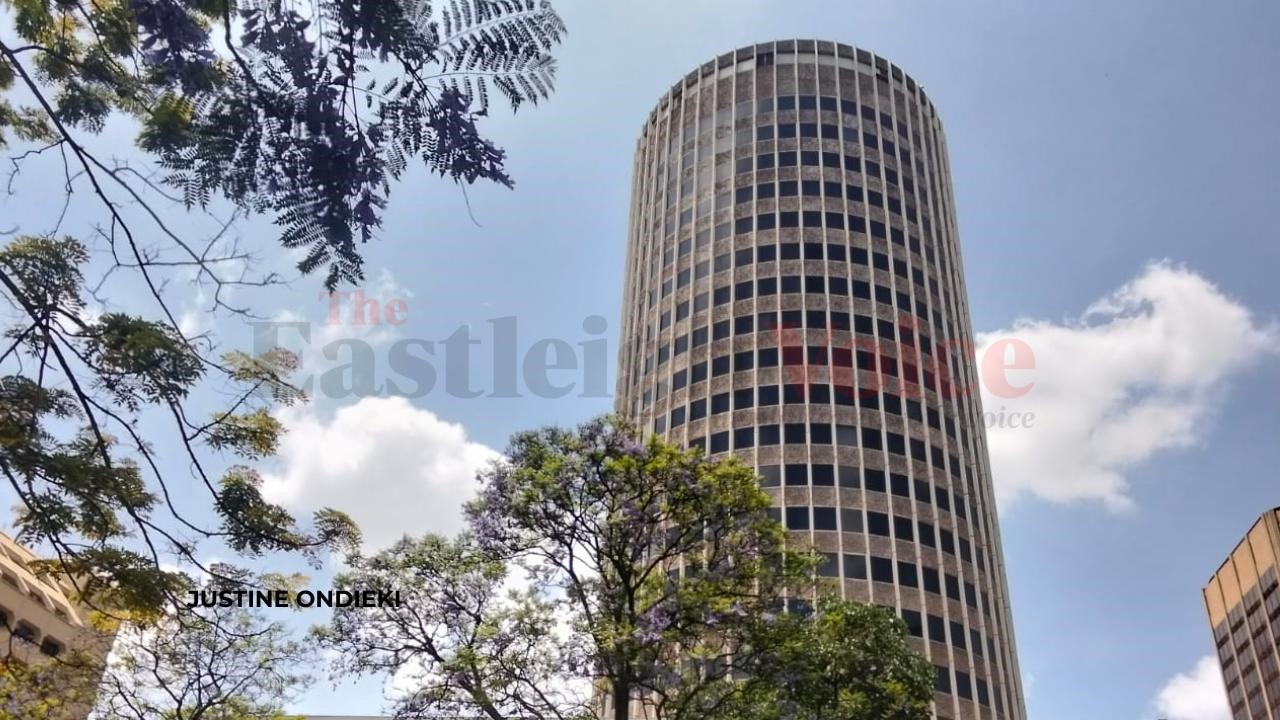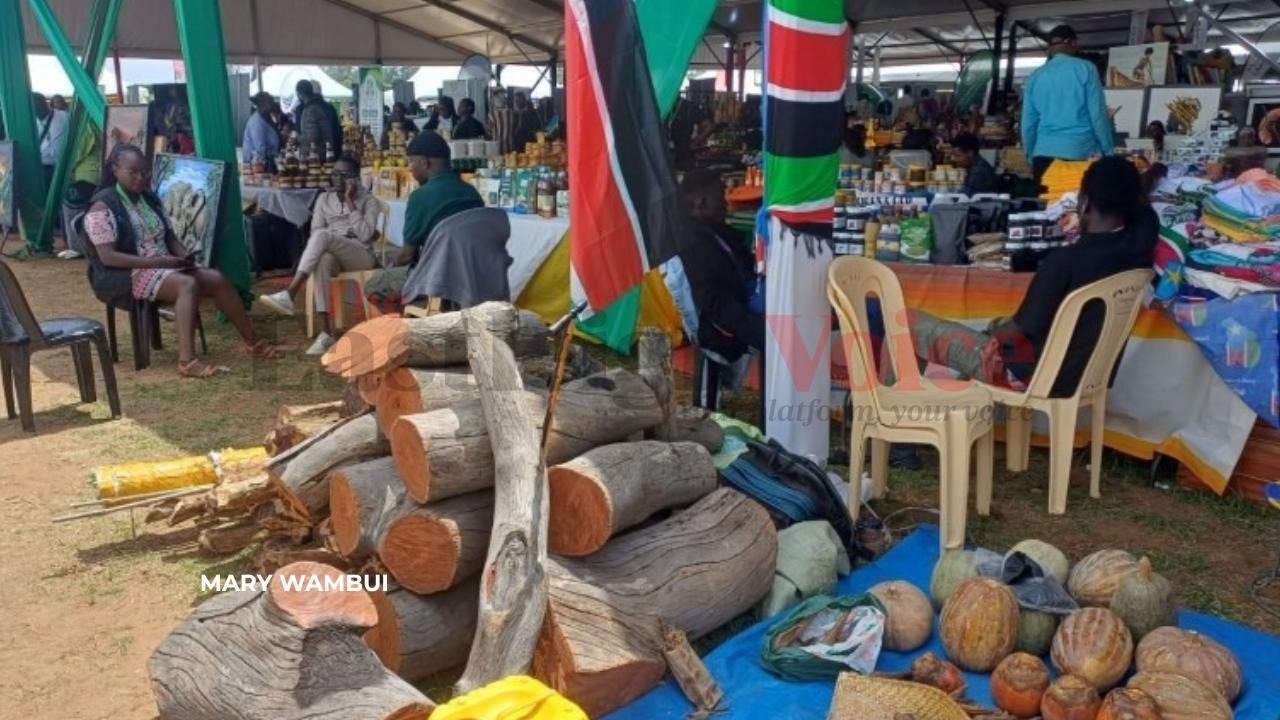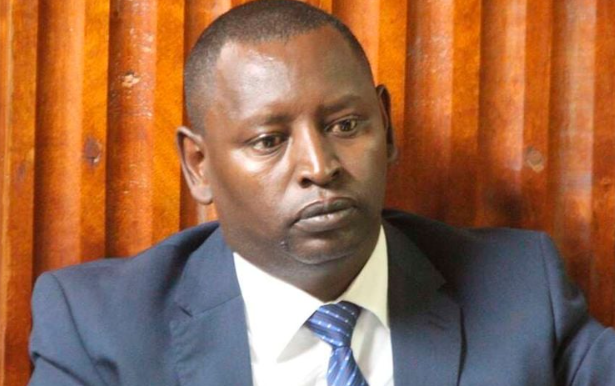Madaraka Day: Ruto announces fresh efforts to improve livestock performance in ASALs

Ruto said his administration was prioritising leather, dairy, and red meat value chains under initiatives such as the Livestock Commercialization Project.
Livestock farmers in arid and semi-arid lands (ASALs) are set to receive a boost from the government, with President William Ruto announcing a renewed focus on improving performance and commercialisation.
In his speech at the 61st Madaraka Day celebration at the Masinde Muliro Stadium in Bungoma County on Saturday, Ruto said his administration was prioritising leather, dairy, and red meat value chains under initiatives such as the Livestock Commercialization Project, which supports 110,000 vulnerable youth- and women-led livestock-dependent families in 10 counties.
More To Read
- State plans to boost local leather production with new facilities in Northern Kenya
- Alarm over escalating ASAL community conflicts amidst growing climate disasters
- Kilifi farmers reap rewards from community-driven goat farming project
- Tough times ahead: Proposed tough agriculture laws worry Kenyan farmers
- New bill proposes Sh1m fine for ndengu large scale traders
- Kenyan pastoralists to benefit from Sh6.1bn climate change adaptation programme
"The project has developed solar-powered boreholes and water pans, rehabilitated several livestock markets and slaughterhouses, bred thousands of animals, provided agricultural equipment, pasture and fodder seeds, and trained the youth in animal health," he noted.
Ruto further said the government aimed to develop the leather sub-sector to support competitive export industries and the many thriving enterprises and family businesses.
"We have committed to implement strategies aimed at increasing incomes from Sh15 billion to Sh120 billion a year, multiplying job opportunities from 17,000 to 100,000, and raising annual footwear production from the current 8 million to 36 million pairs worth Sh72 billion by 2027."
The president further reiterated his belief that the leather value chain must be transformed from one driven by exports of raw materials and semi-processed products to a sophisticated industry manufacturing internationally competitive finished leather and leather products.
This move, he said, will result in the production of up to 3 million hides and 18 million skins each year.
"We are developing local capacity to handle hides and skins to provide quality raw materials, tanning, and the local manufacturing of finished leather goods such as shoes, bags, and belts," the president said.
To boost efficiency, he said Sh400 million would be used to upgrade the Ewaso Ng'iro South Development Authority's leather factory—Sh200 million to acquire modern equipment, Sh100 million to build a footwear factory, and Sh100 million to mop up hides and skins.
"Machinery for increasing processing capacity at the factory has already been procured and installed. To supply quality hides and skins, 703 flayers have been trained, and subsidised flaying equipment has been provided to 680 slaughter points," announced the president.
At the same time, he said the construction of the Kenya Leather Industrial Park at Kenanie, Machakos County, was 85 per cent complete.
This park will have a common effluent treatment plant, two tanneries, two leather manufacturing plants, and 100 acres for investors to set up leather factories by the end of the year.
To sustain high livestock performance, he announced several interventions to improve genetics and eliminate feed-water supply constraints, diseases, and barriers to market access.
The government's key actions include the implementation of a countrywide breed improvement programme in collaboration with the counties and the upgrading of dairy and beef breeds.
"I have directed that the cost of sexed semen be brought down from Sh8,000 to under Sh3,000, which will enable dairy farmers to increase the production and productivity of milk," said Ruto.
Top Stories Today

